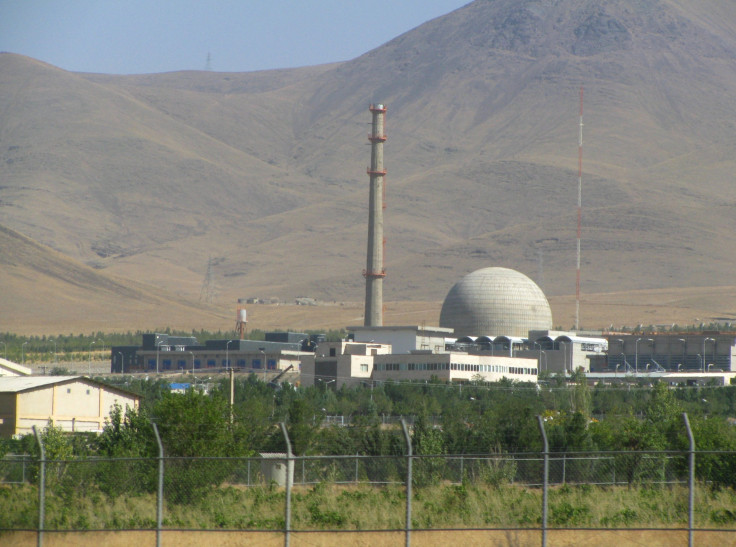Iran Nuclear Program: What To Know About Fordow, Arak Reactor Facilities And Proposed Changes Under Deal

As part of a historic agreement between Iran and world leaders aimed at scaling back Tehran’s nuclear energy program, two of the country’s major reactors, the Fordow and Arak facilities, are slated to undergo changes to render them incapable of producing nuclear bombs. Officials said the deal, announced Thursday during a joint press conference in Lausanne, Switzerland, would allow Iran’s nuclear program to continue peacefully while limiting its enrichment capacity and stockpile.
Leaders from the U.S., Russia, China, France, the U.K. and Germany met with officials from Tehran this week to announce the outcome of months of intense negotiations over Iran’s shadowy nuclear program. If Iran can meet the requirements of the agreement, the U.S. has agreed to lift crippling economic sanctions against the country.
“We have stopped a cycle that was not in the interest for anybody,” Javad Zarif, the foreign minister of Iran, said from the conference. “I hope that at the end of this process we will all show that through dialogue and engagement and dignity, we can in fact solve problems, open new horizons and move forward.”
The deal allows 5,000 centrifuges to continue to spin enriched uranium at Natanz, the country’s main nuclear facility. Two of Iran’s other major facilities -- Fordow and Arak -- will be altered, according to the negotiations. Fordow will be converted into a research center; Arak will be redesigned and operate on a limited basis.
Fordow, a heavily fortified, underground facility near the city of Qom, was built atop a former Islamic Revolutiony Guard Corps base and was long kept secret from the International Atomic Energy Agency, which monitors the use of nuclear technology worldwide. Its existence was revealed in September 2009, after foreign intelligence picked up satellite evidence of its location, according to the BBC.
Iran agreed not to enrich uranium, one of the earliest steps in making fuel for a nuclear reactor or a bomb, at Fordow for at least 15 years. “Iran has agreed to convert its Fordow facility so that it is used for peaceful purposes only -- into a nuclear, physics, technology, research center,” the agreement reads. Foreign scientists will be allowed into the facility, according to the New York Times.
The IR-40 heavy water reactor located near the town of Arak, which officials worried could be used to produce radioactive plutonium, was spotted by U.S.-operated satellites in December 2002. The heavy water reactor and production plant was inspected by the energy agency in 2013.
Foreign leaders, including President Barack Obama, praised the agreement, despite Israeli Prime Minister Benjamin Netanyahu's expressing disapproval over the deal. "If, in fact, Prime Minister Netanyahu is looking for the most effective way to ensure that Iran doesn't get a nuclear weapon, this is the best option," Obama said.
© Copyright IBTimes 2024. All rights reserved.












